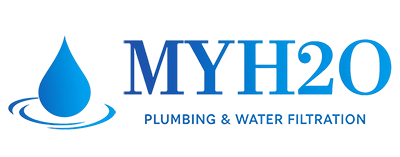Water Softeners
Hard water affects over 70% of Irish households. It leaves stubborn limescale on taps, dulls laundry, clogs heating systems, and quietly damages plumbing and appliances — increasing energy bills and maintenance costs over time.
At MyH2O, we supply and install high-performance water softeners that remove hardness at the point of entry, protecting your entire home. Our professionally installed systems deliver long-term limescale protection, improved water efficiency, and consistent soft water you can feel — every day.
Our Popular Water Softeners
MyH2O offers a wide range of water softening systems to suit homeowners with various needs and budgets. We can install compact units to go under the kitchen sink or traditional systems which can be installed on the outside wall, garage, plant room, or utility area.
All our systems use volumetric (demand-based) regeneration, meaning they regenerate only when needed — saving salt, water, and running costs. Regeneration cycles are programmed to run automatically at night, so you always have soft water during the day.
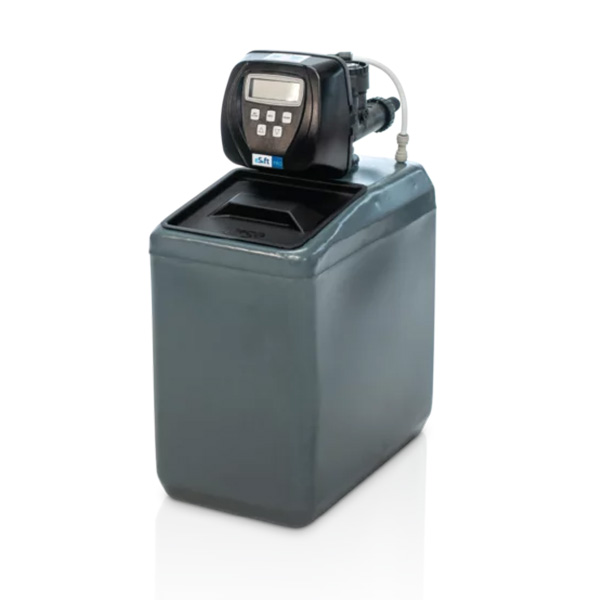
Clack Cabinet WS1CI
- For small to medium sized households
- For Apartments / Houses / Bungalows
- For mains water supply
- Cabinet Design
- Installs under Kitchen Sink / Outside Wall
- Free Professional Installation
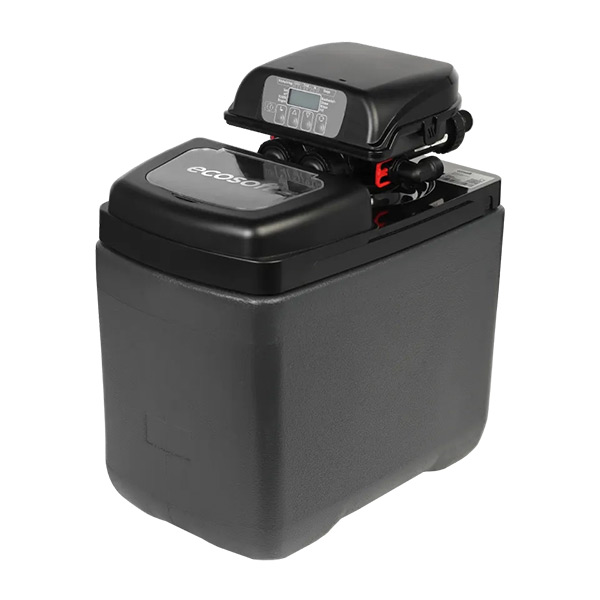
Ecosoft PINK 100
- For small to medium sized households
- For Apartments / Houses / Bungalows
- For mains water supply
- Cabinet Design
- Installs under Kitchen Sink / Outside Wall
- Free Professional Installation
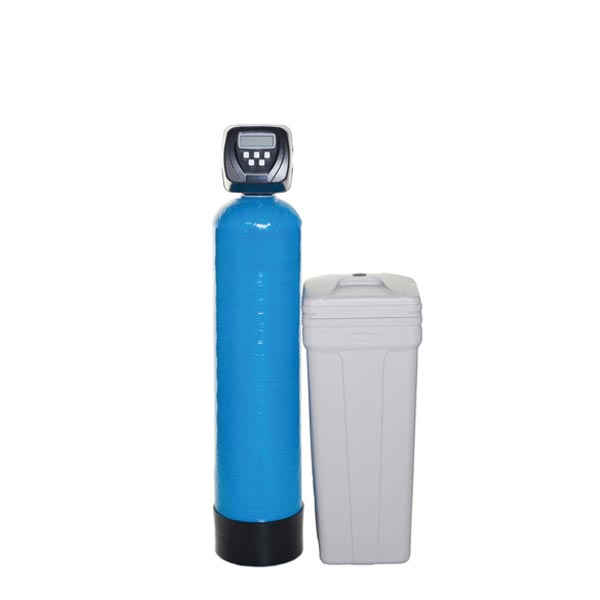
Clack 10x44
- For medium to large sized households
- For Houses / Bungalows
- For mains or well water supply
- Non-Cabinet Design
- Installs on Outside Wall / Plant Room
- Free Professional Installation
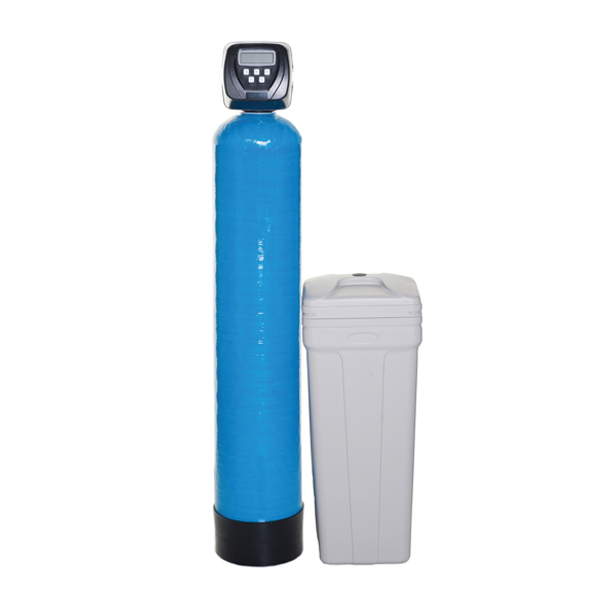
Clack 10x54
- For medium to large sized households
- For Houses / Bungalows
- For mains or well water supply
- Non-Cabinet Design
- Installs on Outside Wall / Plant Room
- Free Professional Installation
Life's Easier Without Hard Water and Limescale
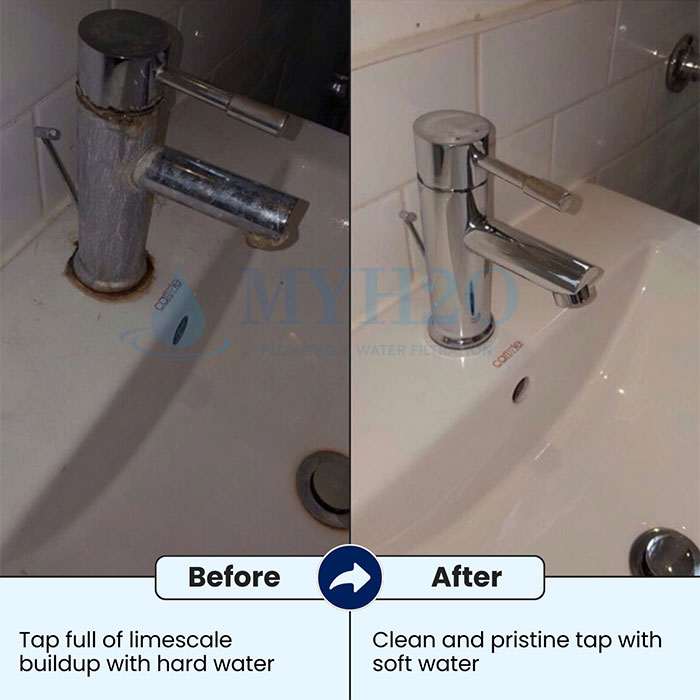
Over time limescale builds up silently inside pipes, boilers, and appliances. Over time, this reduces water flow, increases heating costs, and leads to premature breakdowns.
A professionally installed water softener prevents new limescale from forming and gradually breaks down existing deposits inside your plumbing. The result is improved water pressure, better heating efficiency, and fewer costly repairs.
Whether you’re upgrading an existing home or planning a new build, installing a water softener ensures limescale never becomes a problem again.
Every Home Needs a Water Softener
Switching to soft water delivers immediate and long-term advantages for your comfort, health, and home. A water softener pays for itself through savings, comfort, and convenience.
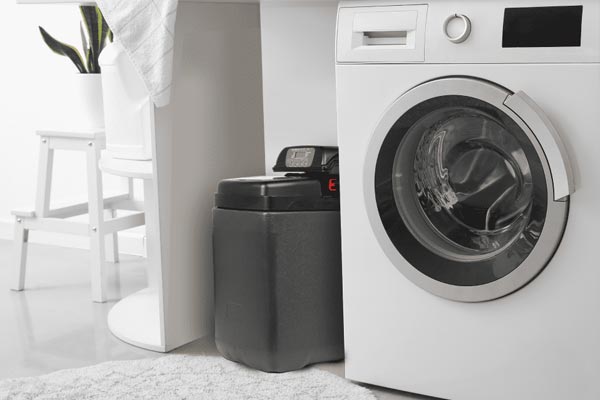
Protect Your Home and Appliances
Soft water prevents limescale buildup inside kettles, washing machines, boilers, and dishwashers — extending their lifespan and preventing costly breakdowns.

Lower Energy Bills
Even a 1mm layer of limescale can increase heating costs by 10%. With soft water, your heating system works efficiently, saving you money month after month.
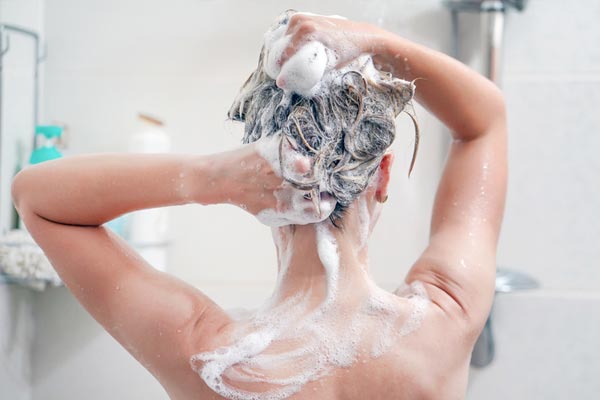
Softer Skin & Healthier Hair
Hard water strips away natural oils. Soft water keeps your skin moisturised and your hair smooth and manageable — no more dryness or irritation after showers.
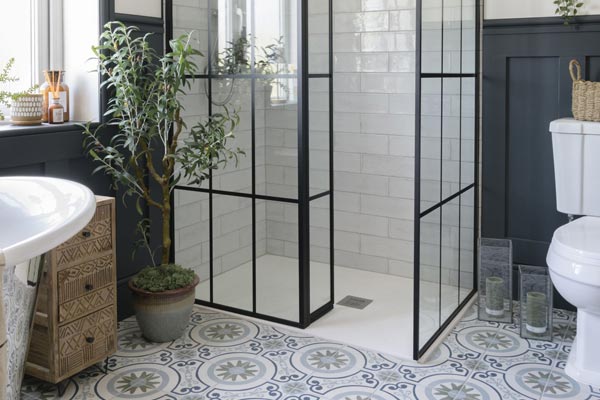
Cleaner Bathrooms and Kitchens
No more white spots or cloudy residue. Soft water keeps tiles, taps, and glass surfaces sparkling with less scrubbing.
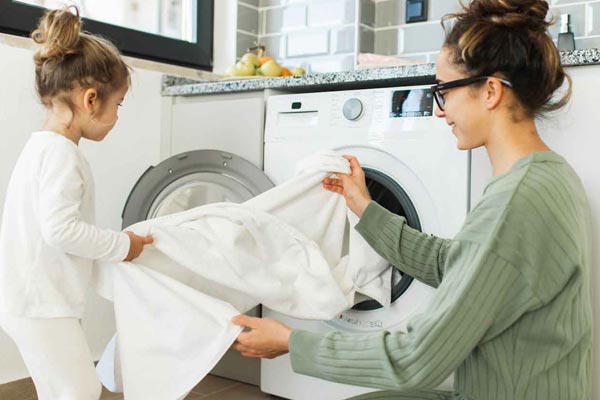
Fresher Laundry and Dishes
Clothes feel softer, colours stay bright, and detergents work better. Glassware and cutlery dry spot-free every time.

Eco-Friendly
Using less soap, detergent, and energy means lower waste and a smaller carbon footprint — good for your wallet and the planet.
Save Money and Live Sustainably

With energy and water costs climbing, softening your water is an easy efficiency win.
| Saving Category | Average Annual Benefit |
|---|---|
| Heating Efficiency | Up to €250 per year |
| Appliance Longevity | €100–€200 saved on repairs/replacement |
| Detergent & Soap | 40–60% reduction in use |
| Total Household Savings | Up to €500 annually |
Professional Installation & Ongoing Support
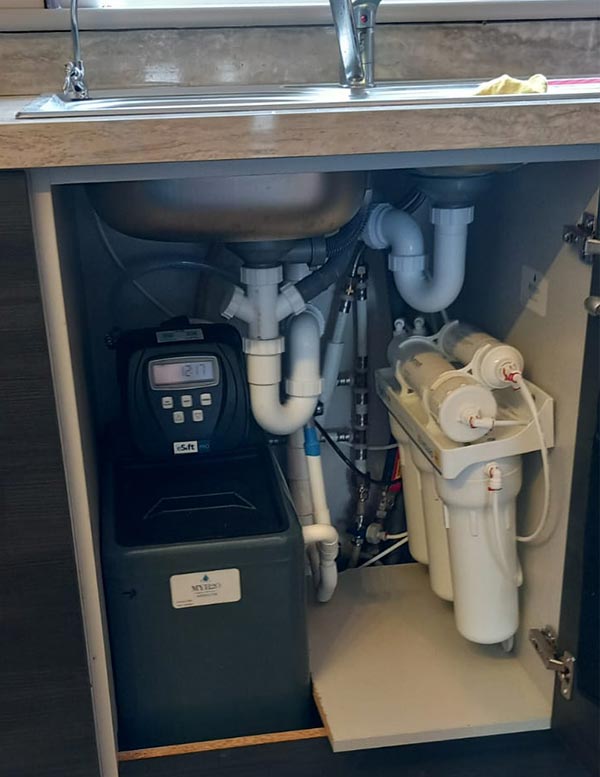
MyH2O offers nationwide professional installation by certified plumbers and water treatment specialists. Whether you’re renovating, upgrading, or building new, we’ll test your water and fit the perfect softener for your home.
Our service includes:
- Expert system recommendation
- Professional installation (typically 2–3 hours)
- Full demonstration and setup guide
- Annual service and salt delivery
We also provide well-water pre-treatment, filter maintenance, and aftercare plans to keep your system performing at its best.
Why Choose Us
MyH2O stands out as your trusted partner for water filtration. For over 25 years, we’ve been helping Irish families and businesses experience the benefits of soft water through our commitment to quality products and ongoing service.
We only work with well-established manufacturing brands for quality, efficiency, and durability. Our pricing is transparent, our warranties are extensive, and our after-sales service is personal and responsive. With MyH2O, you’re choosing more than a product — you’re choosing a partner committed to improving your home’s water, your comfort, and your peace of mind.
25 Years of Experience
With years of industry experience, our skilled team brings unparalleled knowledge and creativity to every project.
Commitment to Satisfaction
We are confident in our ability to deliver a customized water softening solution that meets your expectations and fits your budget.
Ongoing Service & Support
From installation to annual servicing, we keep your system performing perfectly year after year.
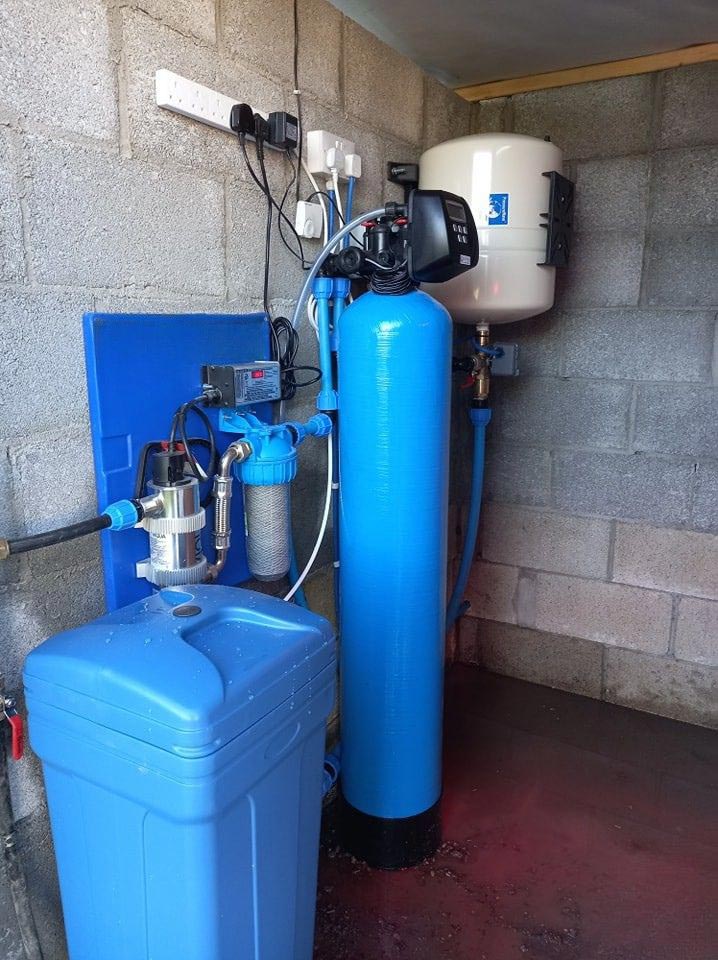
Frequently Asked Questions
How does a water softener work?
A water softener works through a process called ion exchange, which removes calcium and magnesium — the minerals that cause hard water. Inside the softener are thousands of tiny resin beads. These beads carry a negative charge, which attracts and holds the positively charged calcium and magnesium ions as water flows through the system.
As the hard water passes over the resin, these hardness minerals stick to the beads and are replaced by harmless sodium ions. The result is soft water flowing throughout your home — gentle on your skin, plumbing, and appliances.
Over time, the resin becomes saturated with hardness minerals and needs to clean itself. During a process called regeneration, the softener flushes a salty brine solution through the resin bed, washing away the trapped minerals and preparing the system to soften more water. This happens automatically, usually overnight, so you always have soft water when you need it.
What is hard water, and why is it a problem?
Hard water contains elevated levels of calcium and magnesium picked up as water flows through natural rock formations. While not dangerous to health, these minerals leave limescale deposits that damage plumbing, reduce energy efficiency, and shorten the lifespan of appliances such as kettles, washing machines, and boilers.
Over time, hard water can also irritate skin, dry out hair, and cause soap scum to form on sinks and shower screens. A water softener prevents these issues by removing the hardness minerals before they enter your home’s water system.
How do I know if my water is hard?
Hard water is very common in Ireland, especially in areas built on limestone or chalk bedrock. You might notice:
- Soap that doesn’t lather well or leaves a filmy residue
- White, chalky marks on taps, shower doors, and glassware
- Kettles that build up white deposits inside
- Clothes that feel stiff or appear dull after washing
- Reduced water pressure due to mineral buildup in pipes
- Dry, itchy skin or brittle hair after bathing
Is my home suitable for a water softener?
Yes — most Irish homes can easily accommodate a water softener. Our systems can be installed under the kitchen sink, in a utility room, or in an outdoor cabinet. The only requirement is access to your main water supply line and a nearby drain for regeneration water.
During your consultation, we’ll assess your plumbing setup and recommend the most practical installation point for efficient performance and easy maintenance.
Where will a water softener be installed?
Typically, a softener is placed close to where the main water pipe enters your home — often under the kitchen sink or in a nearby utility space. This allows it to treat all the water before it reaches your taps, appliances, and showers.
In some homes, particularly rural or larger properties, the system may be installed in a garage or outside wall cabinet. Our installers ensure it’s neatly positioned, secure, and easily accessible for refilling salt.
How do I choose the right water softener for my home?
Choosing the right size depends on three main factors:
- The hardness level of your local water supply
- The number of people in your home
- Your average daily water use
A smaller family may only need a compact under-sink unit, while a large household might benefit from a higher-capacity system. During your free consultation, we’ll measure your water hardness and recommend the model that provides consistent soft water without wasting salt or water.
How much does a water softener cost in Ireland?
A professionally installed water softener typically costs between €950 and €1,400, depending on the model, size, and complexity of installation. This includes full setup, plumbing connections, and calibration.
Considering that hard water can increase energy use by 20% and cause frequent appliance replacements, a softener usually pays for itself within two to three years.
Can I install a water softener myself, or do I need a professional?
While DIY installation is technically possible, we strongly recommend professional fitting. Incorrect installation can cause leaks, pressure loss, or inefficient regeneration.
MyH2O’s certified technicians complete most installations in 2–3 hours, including setup, testing, and calibration. We also demonstrate how to check salt levels and perform simple maintenance, ensuring your system runs smoothly from day one.
What’s involved in the installation process?
On installation day, our technician arrives with all necessary fittings, tools, and components. The system is connected to your incoming water line and a nearby drain for regeneration.
Once connected, we run a full water test, program the control valve, and set the regeneration cycle according to your household’s water usage. The installation area is left clean and tidy, and we show you exactly how to monitor and maintain your new system.
Will a water softener fit under my kitchen sink?
Yes — modern compact softeners are designed to fit neatly beneath standard kitchen sinks. For smaller or tight spaces, we can use a slimline model or install the system externally in a covered housing. We’ll discuss placement options during your home assessment.
Is there any maintenance involved?
Maintenance is minimal. The main task is topping up the salt in the brine tank — typically every 6–8 weeks, depending on your water hardness and usage. You’ll use around 6–8 bags of salt per year, costing roughly €13–€15 each.
We also recommend scheduling an annual service with MyH2O. Our technicians will check your resin bed, clean the injector, calibrate settings, and ensure your system continues running efficiently for years.
How often do I need to add salt to my water softener?
On average, households top up salt once every month or two. The frequency depends on the size of your unit, water hardness, and usage. We offer convenient salt delivery and refill services so you never have to worry about running out.
Does a water softener affect the taste of my water?
Softened water may taste slightly different because of the small amount of sodium added during ion exchange. However, most people describe the taste as smoother and cleaner than hard water.
If you prefer, we can install a reverse osmosis system in your kitchen so you can enjoy both softened and filtered water options.
Can I drink softened water?
Yes — softened water is perfectly safe for most people. The sodium content added during softening is very low, generally within Irish and EU drinking standards.
However, people on low-sodium diets or families preparing baby formula may prefer unsoftened water for those uses. MyH2O can easily configure your system to leave your kitchen tap unsoftened if you wish.
Can I use softened water for cooking and baby bottles?
Yes, it’s safe for cooking, tea, and coffee. However, for baby formula, many parents prefer to use unsoftened or filtered water to eliminate any trace minerals or sodium, just as a precaution.
Does a water softener remove chlorine or bacteria?
No. Water softeners are designed specifically to remove hardness minerals, not disinfect or filter chemical contaminants. If your water has issues like chlorine taste or bacterial contamination (common in wells), we can pair your softener with a drinking water system or UV system for complete protection.
Will a water softener remove hardness from my well water?
Yes — a water softener effectively removes calcium and magnesium from well water. If your well supply also contains iron, manganese, or sediment, we may recommend additional pre-filtration to ensure the system performs optimally.
Our team recommends a well water analysis before installation and tailors the solution to your specific water chemistry.
How often should I maintain my water softener?
You should check salt levels regularly and schedule an annual professional inspection. During servicing, we clean the brine tank, test the resin’s exchange capacity, inspect valves, and ensure regeneration settings are calibrated. Regular maintenance maximizes lifespan and efficiency.
Does a water softener affect water pressure?
No. A correctly installed softener won’t reduce your water pressure. In fact, many customers notice improved pressure over time because soft water gradually dissolves old scale deposits from pipes, restoring normal flow
How long does a water softener last?
A high-quality softener can last 15–20 years or longer with routine servicing. The resin beads and control valve are designed for durability. Periodic parts replacement or resin refresh after 10–12 years keeps performance consistent.
How often does a softener regenerate?
That depends on water usage. Modern systems regenerate only when necessary, not on a fixed timer. The digital control valve measures how much water passes through and triggers regeneration automatically, conserving salt and water.
Will it work with a combi boiler or heat pump?
Yes — softened water actually helps boilers and heat pumps perform better by preventing internal scale buildup. With scale-free heating elements, your system heats water more efficiently and requires less energy to operate.
Can a water softener be moved to a new house?
Yes. If you move, our team can uninstall and reinstall your softener at your new property. We’ll ensure it’s recalibrated for your new home’s plumbing and water hardness.
Can I use softened water for cleaning and laundry?
Definitely. Soft water allows soap and detergent to lather better, so you can use up to 50% less cleaning products. Clothes come out softer, brighter, and free from detergent residue, while glassware dries without spots.
Does a water softener waste water?
A small amount of water is used during regeneration to rinse away hardness minerals. However, modern systems are highly efficient — using up to 75% less water and 35% less salt than older models.
Is soft water better for the environment?
Yes. It reduces detergent and chemical usage, extends appliance lifespan, and lowers household energy consumption — all of which reduce your carbon footprint. Soft water also eliminates the need for harsh descaling agents, which benefits the environment.
How can I tell if my softener is working properly?
You’ll notice cleaner taps, no limescale in your kettle, and improved soap lather.
What happens if I run out of salt?
If the system runs out of salt, it will temporarily stop softening water, allowing hardness minerals to pass through. Once you add more salt, it will resume normal operation. No permanent damage occurs, but it’s best to keep the salt level topped up to prevent hard water from circulating.
How long does installation take?
Most installations take around 2–3 hours, depending on pipe access and location. We always test the system before completion and show you how to operate it.
Can you install systems in older properties or farms?
Yes — our technicians work on all types of properties, from modern homes to farmhouses and rural cottages. We’ll adapt the system to suit your existing plumbing and available space.
Need More Information?
Join thousands of Irish households already enjoying the comfort of soft water — free from limescale, dry skin, and high energy bills.
With MyH2O, you’ll experience a smoother, cleaner lifestyle where every tap, shower, and appliance benefits from perfectly softened water.
Our experts will assess your home’s water hardness, recommend the ideal system for your needs, and manage everything from installation to ongoing servicing — so you can enjoy long-term reliability and peace of mind.
